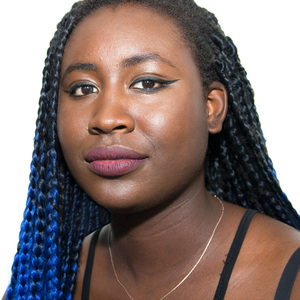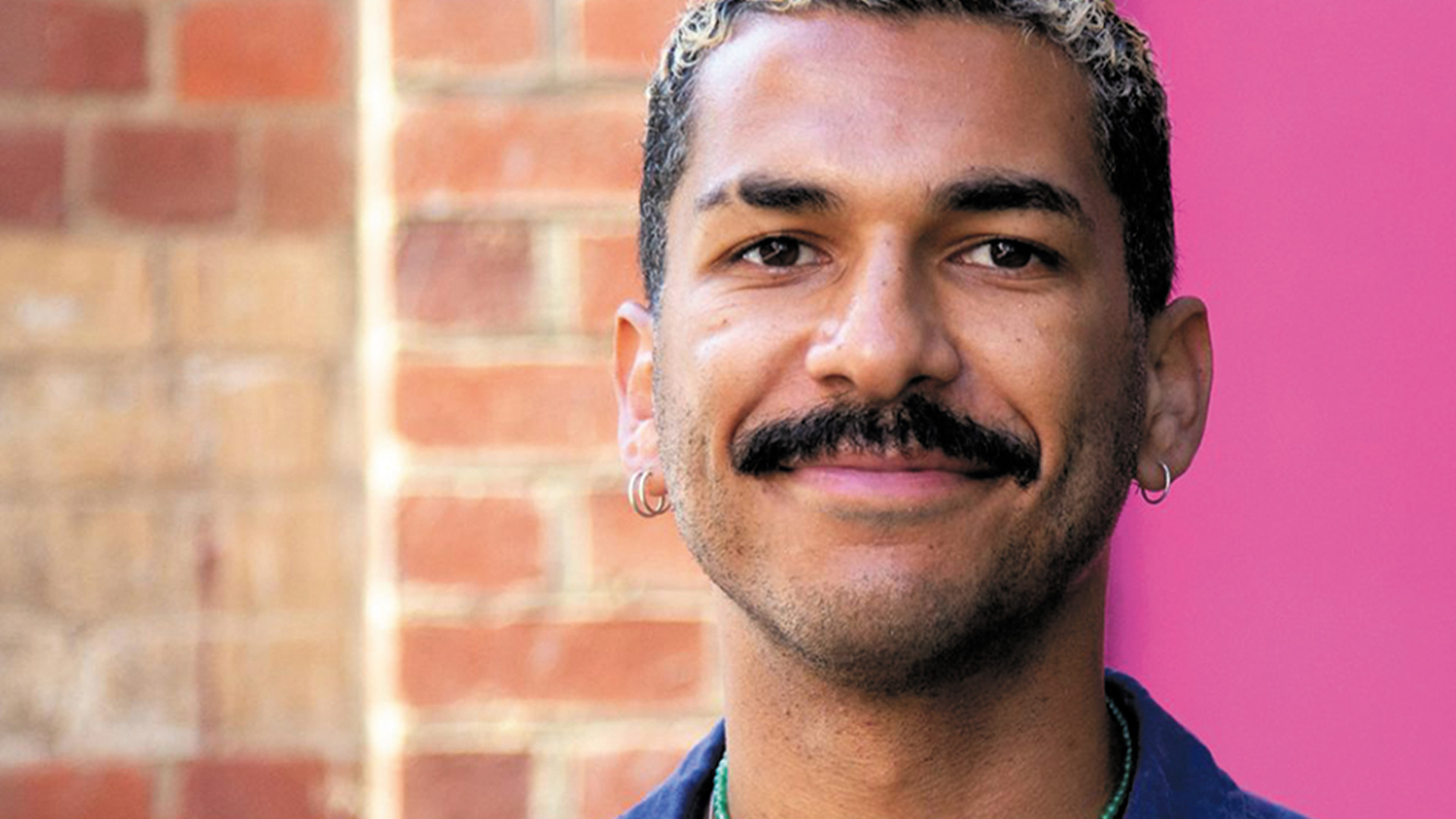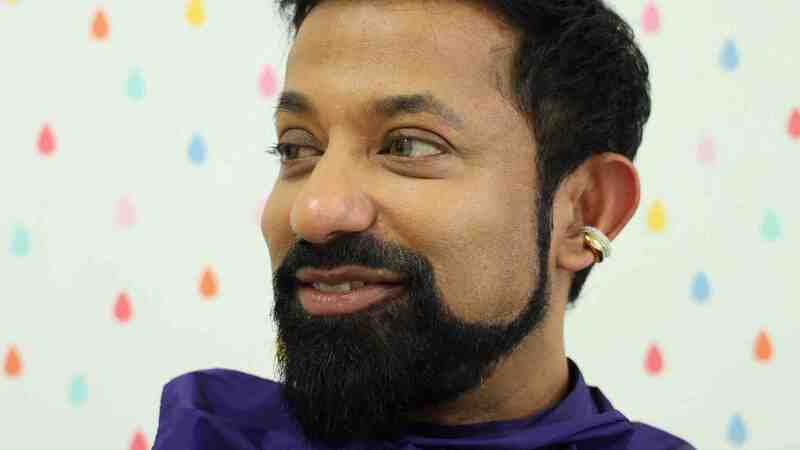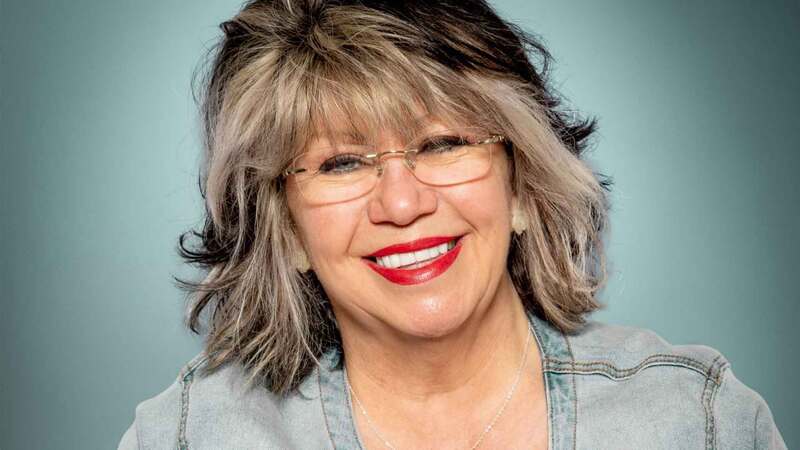You are viewing your 1 free article this month. Login to read more articles.
Black Focus Q&A: William Rayfet Hunter
 Natasha Onwuemezi
Natasha OnwuemeziTasha Onwuemezi is associate editor of The Bookseller and a freelance writer and editor.
William Rayfet Hunter is a British-Jamaican writer and doctor. Sunstruck, their debut novel, won the #Merky Books New Writers’ Prize 2022.

Tasha Onwuemezi is associate editor of The Bookseller and a freelance writer and editor.
Could you tell us about Sunstruck?
Sunstruck is primarily a story about power. It follows two young men—one, white, rich, and connected, the other none of those things—after they meet on a sun-drenched holiday at the former’s chateau in the south of France. After returning to London, the pair’s bond is tested by their pasts, the expectations put on them and the power structures from which they cannot escape. It is a novel about desire, secrets, and what parts of ourselves we try to hide in order to be loved.
Where did the idea come from?
I had the idea during a long drive one summer when the character Felix [the rich white character mentioned earlier] popped into my head almost fully formed. I pulled at the thread of “what if” and by the time I reached where I was going, the story had unspooled in my mind. Though it took a few years for me to get it into any working order. I suppose the book is a reflection on past relationships and experiences, though I can’t point to one specific moment that inspired the story.
The book features the competing forces of sexuality, race, class and money: why did you choose to explore these themes?
I think if you’re writing about love, if you’re writing about people’s lives, if you’re writing about London, then these themes are unavoidable. I don’t know that I set out to explicitly explore these forces. I wanted to write a story that feels real with characters that are believable and so those things naturally came to the fore. As a queer Black writer it feels important to reflect a version of my own experience in my writing. I’ve tried to shy away from drawing a moral conclusion in the novel. I more want to hold up a mirror and say “this is what’s happening here” and let people come to their own conclusions.
Who are your literary inspirations?
Growing up, one of my favourite books was Brideshead Revisited by Evelyn Waugh, which, given his views on race and sexuality, may be surprising. I like the way the novel holds together a number of contradictory truths depending on which characters are present. Other influences are On Earth We’re Briefly Gorgeous by Ocean Vuong and Memorial by Bryan Washington. I think both books deal brilliantly with the delicate sadness of male queerness and how the unsaid things are often the most important.
I noticed the book’s title changed from People like Us to Sunstruck. What was the reasoning behind this?
We wanted something that better reflected the competing themes of beauty and destruction in the novel. I think the word invokes those things wonderfully. The hazy yellow of an old house lit by the last rays of summer sun, the light dancing in a lover’s eyes but also a sense of sickness and violence, the blindness that results from gazing at a beautiful thing for too long.
Has your book changed in any significant way since the first draft?
About halfway through I made a big change to the plot but then got stuck. I couldn’t tell what was wrong, but I had a feeling I wasn’t writing the story I wanted to. I went right back to my original plan, which was scrawled on a slip of paper and ticked into my laptop case. I ended up deleting about 5,000 words and starting again from my original plan. So yes, the book changed significantly, but then I changed it back. I lesson in trusting my instincts I suppose.
What is your writing process?
This is something I’m still trying to nail down. I think I write best when I am completely away from my day-to-day life. A lot of this novel has been written on holidays and writers’ retreats, though I’m not entirely sure that is a sustainable writing practice. I wish I could say I was one of those writers who gets up at six a.m. and writes for three hours then goes about my day, but I am not. I will go for weeks thinking I’ll never write another sentence then sit down and write 10,000 words without coming up for air. I’m working on finding more balance, but I believe that my best writing happens when it feels urgent, as if the words need to be committed to paper then and there.
What impact has winning the #Merky Books New Writers’ Prize had on you?
Winning the prize has completely changed my life. I’ve wanted to be a writer for as long as I can remember, but always felt like I was fitting it in around my medical career. The prize has meant that I’ve been able to focus my time on my writing and explore my creativity. At the New Writers’ Camp (a day of talks and feedback for the shortlisted #Merky Prize entrants), Lemara [Lindsay-Prince, senior commissioning editor at #Merky Books] told me I had a story worth telling and that I should keep writing. It was the first time I’d actually believed that. I think that is central to the mission of everyone at #Merky Books, not only to publish stories from diverse perspectives but also to show people that those stories are worth telling.
You’re a junior doctor. Does your medical background inform your writing at all?
I think the common thread between writing and medicine is the people. I am fascinated by people and their stories. Working as a doctor is a huge privilege. People let you into their lives in a unique and intimate way. You get to see people at their lowest, you get to hear about their fears and insecurities. It is a very human job and a very emotional one. I think all of that informs the way I view the world and the way I view people and narrative. Sometimes I fear it makes my writing quite pessimistic, but then again, another commonality between medicine and my writing is hope: hope that people will get better, hope that things will turn out okay. I think hope is often what drives people, what drives stories. It’s what makes us human. I want to be able to capture all of that, the fears, the anxiety, the complexity and the hope.
Sunstruck was published by #Merky Books on 15th May









